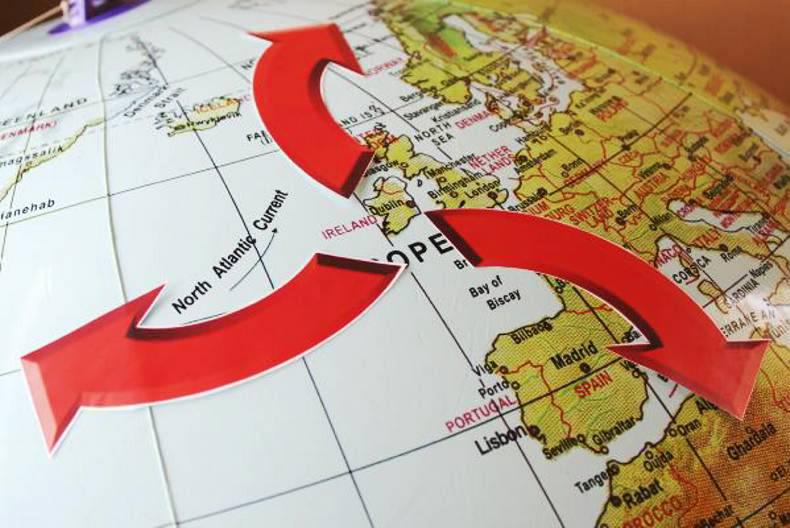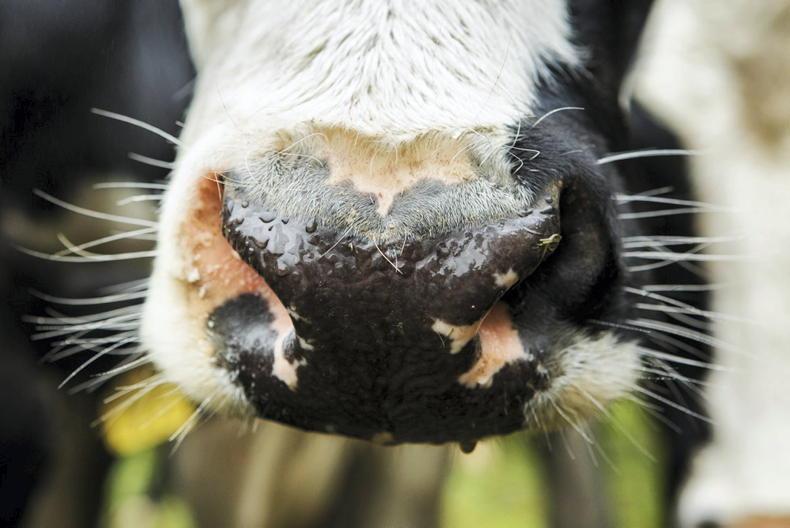This year’s survey shows that 91% of agribusinesses are confident and expecting to grow despite the overall global uncertainty. Encouragingly, almost one third of respondents expect to grow their business by more than 5% in the year ahead.
With growth slowing in emerging markets, the focus for business growth has switched back to existing markets, concentrating on innovation alongside renewed M&A activity. Despite regional differences in primary production, many of the challenges facing the sector are similar.
Volatility remains the greatest challenge. The end of the commodity supercycle, low oil prices and uncertain economic and manufacturing indicators coming from China has many people questioning the health of the global economy.
When oil started to fall, the expectation was that it would stimulate the global economy through increased consumer spending. The hope for a boost from low oil has not transpired and the health of the global economy is more in question now than it was 18 months ago.
For agriculture, low oil has reduced the cost of farm inputs and benefited manufacturers such as Yara. However, low oil in general is bad for agriculture as it reduces the economies of many oil-dependent emerging countries, many of which are large importers of agricultural commodities.
Ireland is firmly set in the global marketplace competing with some of the largest-producing countries in the world. As such, our global competitiveness will determine our success. This report identified that some of the greatest competitive advantages include access to export markets, government support, having a large domestic market and a vibrant innovation eco-system.
As we have seen with Brazil, its inability to access export markets cheaply due to a creaking infrastructure network has reduced its global competitiveness despite being a low-cost food producer.
Water scarcity is perhaps the biggest challenge facing global agriculture in the years ahead as the world tries to feed 9bn people. We are already seeing governments who had once strived for domestic self-sufficiency in food, implement complete policy U-turns banning crop production due to water stress. In the future, agricultural exports may become more about water than the actual crop.
Similarly, meeting climate change targets is another challenge for the industry. Producing more from less means driving productivity through greater efficiencies and it is advances in technology through innovation that will bring the industry there.
What this report also highlights is that Ireland is just a small player in global terms. The threat from international competitors has never been greater as Europe’s bilateral TTIP and Mercosur trade talks have regained momentum recently.
We can see how vulnerable the European meat processing sector is to outside competition due to its fragmented nature, but consolidation is slowly starting to gather pace. However, the question remains will European competition law stand in its way.
A more immediate threat to Irish agribusiness is the impending referendum in the UK on its EU membership. With over 40% of our food and drink exports sold into the UK market, any disruption in the trade flow with our nearest neighbour would be a significant threat to agribusinesses here.
Despite the current challenges of competing in a globalised market, the long-term fundamentals for the sector remain positive. The new economic conditions are placing a renewed premium on efficiency, innovation and creativity for agribusinesses.
To read the full Agribusiness report, click here.









SHARING OPTIONS